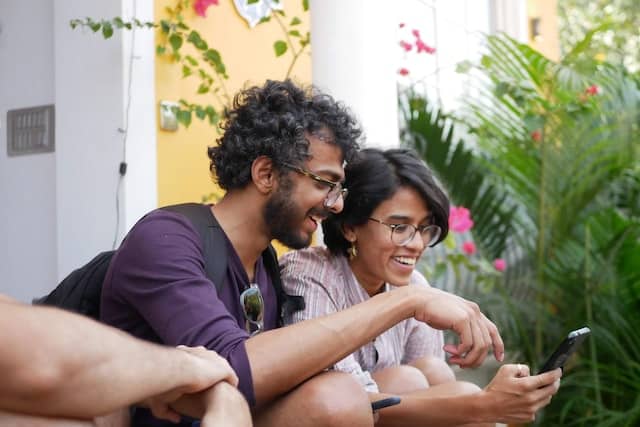Across the world, and especially in Western cultures, alcohol has long been an inevitable part of social life. But a wealth of recent research indicates that alcohol consumption is falling among young people.
Alcohol-free beverages and bars are cropping up in increasing numbers, #SoberTok is trending, and attitudes towards drunkenness are changing among Millennials and Gen Z.
Australia still drinks more than the global average as a whole. But the number of Aussies in their 20s abstaining from alcohol has more than doubled from 9% in 2001, to 22% by 2019.
And during the pandemic, Gen Z Aussies were the cohort most likely to have decreased their alcohol consumption in lockdown, with 44% saying they were drinking less. That percentage was more than double the rate for any other generation.
It’s not just an Australian phenomenon either – major surveys in the US and UK have reached similar conclusions.
A 2018 study showed almost 30% of English young people classified themselves as “non-drinkers”, an increase of more than ten percentage points over a decade. And a survey backed by the National Institutes of Health in America reported alcohol use among young people has been dropping steadily since the mid-90s.
Why Are Young People Ditching the Bottle?
It’s complicated.
One suggested factor is that Millennials and Gen Z face a lot of social and financial pressures. Alcohol is “needlessly expensive”, as 24-year-old Nina Serven put it, speaking to The Atlantic, and sometimes, “drinking just feels boring”.
Young people worry about the future; they’re focused on doing well in school and in today’s competitive job market. In general, they’re more risk-averse – “it’s not just alcohol consumption going down,” says La Trobe researcher Dr Amy Pennay, “It’s drug use as well. They’re having sex later, they are driving later, going into paid work and leaving home later.
Today’s younger generations are also increasingly seeking balance in their lives.
They go to the gym, meditate, attend therapy and yoga classes. “Health and wellness is part of the conversation,” says Aussie futurist and demographer Mark McCrindle, “and then to say, yeah, they had a big night last night, it just doesn’t fit that narrative. Alcohol is incompatible with that conversation.”
The popularity of mindful and active pursuits also makes alcohol less central as a stress reliever. In other words, while young people are more stressed and anxious than ever, they’re also more likely to seek respite in lifting weights or guided meditation – or talking about their feelings – than in the bottle.

A couple of other factors are worth mentioning: not only are younger generations more responsible about alcohol, but so are their parents. Recent DrinkWise data showed 87% of parents don’t supply alcohol to underage teens.
And living in the Internet age is, as always, unavoidably influential. Young people are simply more aware of the health and social risks of heavy drinking.
Moreover, the constant surveillance and image-culture of social media mean young people are highly conscious of the risks drunkenness brings for their ‘digital footprint’. In a recent Google research report, 49% of Gen Z-ers said they were always thinking about their online image when out drinking.
There is some evidence that, where it’s been legalised, marijuana may be replacing alcohol as the substance of choice – to an extent. And of course, many young people struggling with mental health issues continue to fall prey to alcohol abuse.
But overall, the data seems to indicate a positive shift away from the presumption that alcohol is a necessary part of socialising, or the only answer to the stresses of life.
Cover photo by Andra C Taylor Jr on Unsplash.
Follow Maddie’s journalism on Twitter.
Sign Up To Our Free Newsletter